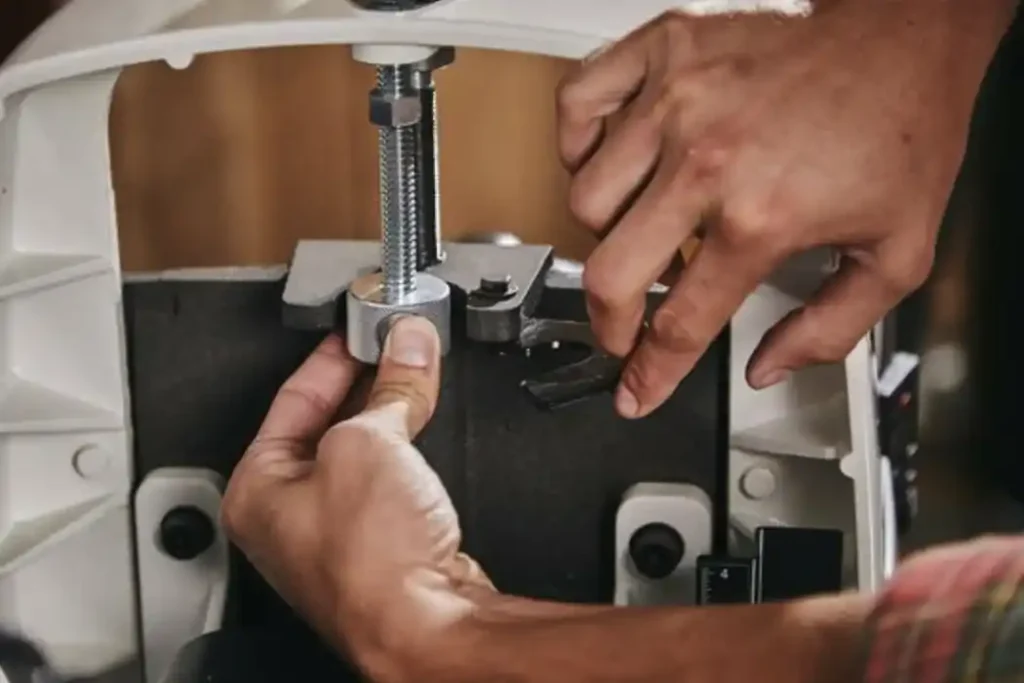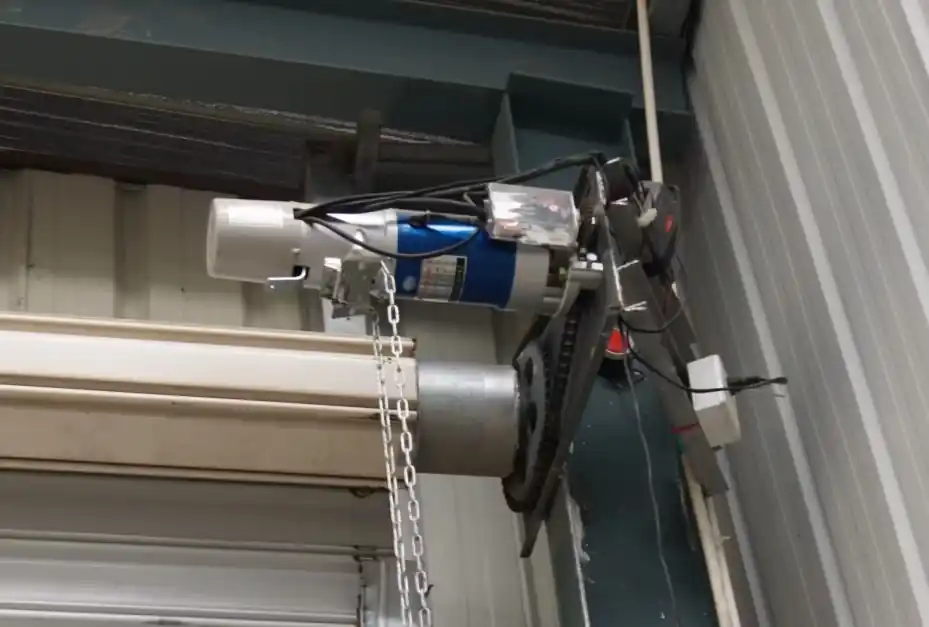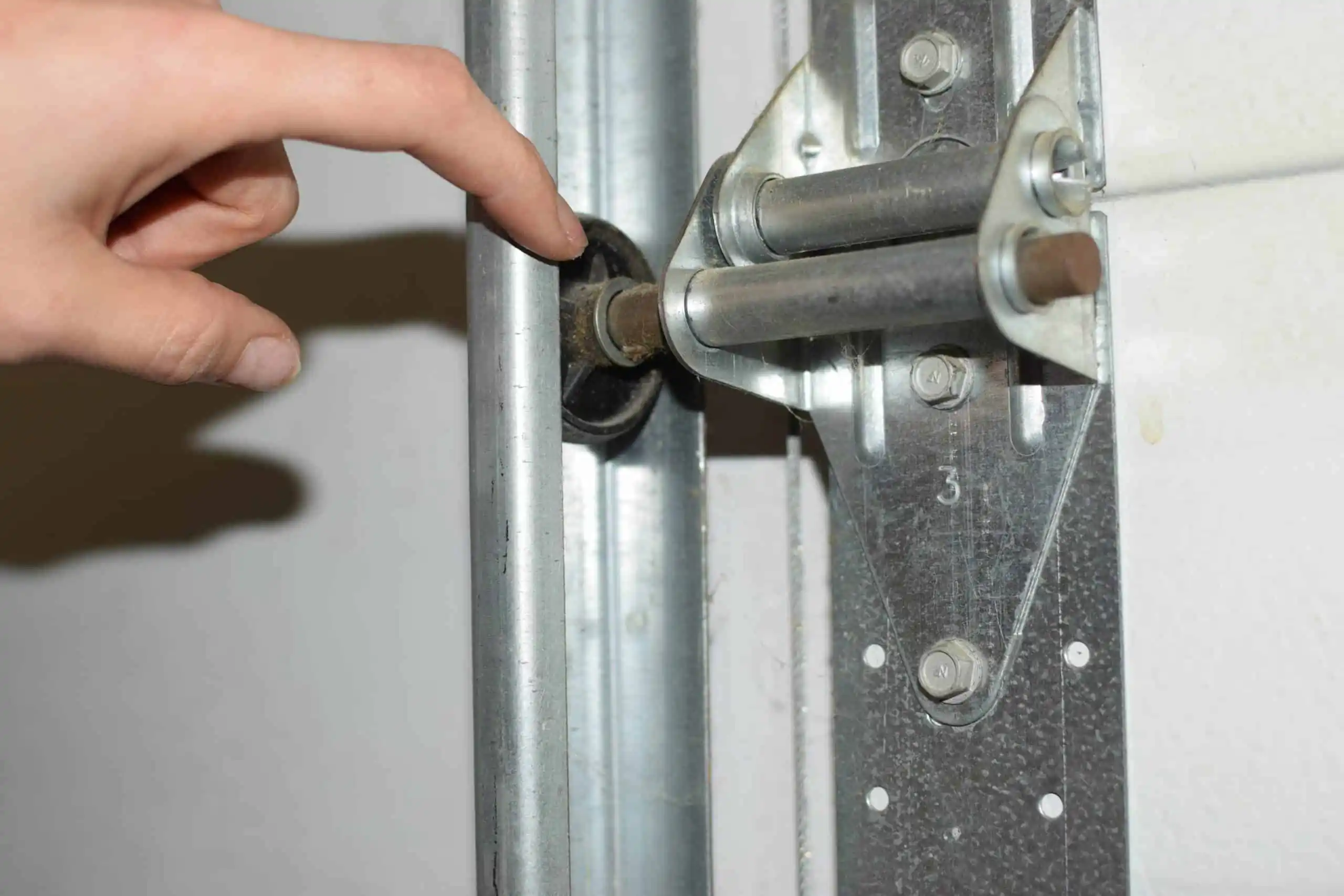You probably don’t think much about your garage door rollers. Honestly, most of us don’t. They’re small, mostly hidden, and they just kind of… do their thing. Until one day, they don’t. Or worse, they do something weird — a loud pop, a slow grind, maybe that awful screeching noise that echoes through the neighborhood like a horror movie soundtrack.
And you’re standing there thinking, “Huh, was that normal?”
When and Why to Replace Garage Door Rollers

Replace Garage door rollers are a key component of your door’s operation, even though they’re not glamorous. They’re like the unsung heroes of residential garages. When they wear out, everything starts to get a little off. But how do you know it’s time to replace them?
Here are five signs that it might be time to stop ignoring those rollers.
1. Your Garage Door Is Suddenly Noisy
Okay, so maybe it’s not sudden. Maybe it’s been a slow build-up of rattles, clicks, and that annoying screeching. But one day, the sound becomes impossible to ignore.
If your garage door sounds like it’s in pain, those rollers could be the culprits. Old plastic rollers (especially the cheapest type) are notorious for this. They dry out, crack, and lose their shape. Steel rollers without ball bearings? Even louder. Nylon replace garage door rollers, especially ones with ball bearings, are much quieter and smoother.
2. The Door Moves Unevenly or Jerks on the Way Up or Down

Smooth operation is kind of the whole point, right? But when rollers get worn, or the roller bracket becomes loose, the door starts behaving strangely. Jerky movements. Stops mid-way. Maybe it even shudders or wobbles as it moves.
These aren’t just annoying quirks. They’re signs of wear — gradual wear that leads to costly repairs if ignored. Extra wear can also mess with your torsion springs, your opener system, and even the garage door tracks.
Pro tip: If you notice uneven movement or the door pulling more on one side, stop using it and check the rollers. Or have a garage door expert take a look.
3. You Spot Visible Wear or Cracks
Sometimes, it’s as simple as looking. Take a flashlight, squat down near the track, and really look at the rollers.
See any cracks? Chips? Maybe the wheel looks slightly warped or misaligned from its bracket?
That’s not cosmetic. Those signs mean it’s time.
Especially for plastic rollers (which, to be honest, are the most affordable type but not exactly durable), wear happens faster than you think. Nylon rollers last longer, and bearing steel replace garage door rollers are built to take more abuse.
Still, nothing lasts forever. If they look bad, they probably are bad.
4. Your Garage Door Gets Stuck or Hesitates Mid-Way
Another red flag? That awkward moment when the door just… freezes. Or stalls. Or only closes halfway and then goes back up.
This could be a sensor issue, yes. But often, it’s due to rollers that have worn out or fallen out of alignment. Especially if there are jerky movements or irritating noises alongside the issue.
It’s not just the roller itself. Sometimes, it’s the roller track. If a roller comes loose or the track gets bent (even slightly), your garage door opener has to work extra hard. That stress can break things — including your wallet.
Keep an eye out for rollers that have popped out of their guide holes or shifted in their bolt holes. It’s subtle, but dangerous.
5. It’s Been 5-7 Years (or Longer) Since You Last Replaced Them

Here’s the thing: even if your rollers look fine, time wears them down. Especially in climates like Plano or Burleson, TX, where summer heat can dry out plastic and nylon components fast.
The average garage door goes up and down around 1,500 times a year. Multiply that by 5 or 7 years, and… yeah. That’s a lot of wear.
Even high-quality replacement garage door rollers have a lifespan. Regular maintenance helps, sure, but if you can’t remember the last time you replaced them? It might be time.
A Few Other Things to Keep in Mind
- Different types, different lifespans: Plastic rollers are budget-friendly but wear out fast. Steel rollers are strong but loud. Nylon garage door rollers are the sweet spot for most homeowners.
- Look for rollers with bearings for smoother motion and less noise.
- Check the diameter before replacing anything — exact diameter matters more than you’d think.
- Don’t DIY under extreme tension: The rollers themselves might be easy enough to replace, but garage door torsion springs and cables? That’s a job for garage door professionals.
You can always budget for garage door replacement as a whole, but often, just changing the rollers makes your entire garage door assembly feel brand new.
Final Thought
If your garage door feels off, sounds weird, or just isn’t working the way it used to, don’t ignore it. Sometimes it’s not the opener or the springs. It’s something smaller. Quieter. But just as important — like the rollers. That’s why it’s essential to replace garage door roller components before they cause bigger issues. Don’t wait for a complete garage failure to find out.
Frequently Asked Questions
1. How do I know if my garage door rollers are bad?
If it’s noisy, jerky, or just feels wrong going up or down — that’s your clue. Also, if you see cracks or the wheel looks wobbly, it’s probably time.
2. Can I replace garage door rollers myself?
You can, but it depends. If you’re not touching the springs or cables and feel comfortable with tools, maybe. Otherwise, it’s safer to call the garage door guy.
3. What’s the best type of roller to buy?
Nylon rollers with ball bearings. Quiet, durable, and smoother than plastic or steel alone.
4. How long do garage door rollers last?
Anywhere from 3 to 10 years, depending on the type and how often you use your garage.
5. Are noisy rollers dangerous?
Not always, but they can be a sign of something going wrong. Left unchecked? Yeah, they can lead to bigger, costlier repairs.
6. What does it cost to replace garage door rollers?
Cost ranges widely, but most homeowners spend between $100 to $200, including parts and potential labor fees.
7. Is it better to replace all rollers at once?
Honestly? Yes. If one’s worn out, the others probably aren’t far behind.
8. How many rollers does an average garage door need?
Usually 10 to 12, depending on the height and design.
9. Can bad rollers damage my opener?
Yes. A rough or jerky track puts extra strain on the opener, which can shorten its life.
10. What if my garage door stops mid-way?
Check the rollers first. Could also be sensors or the opener, but worn rollers are a common cause.

